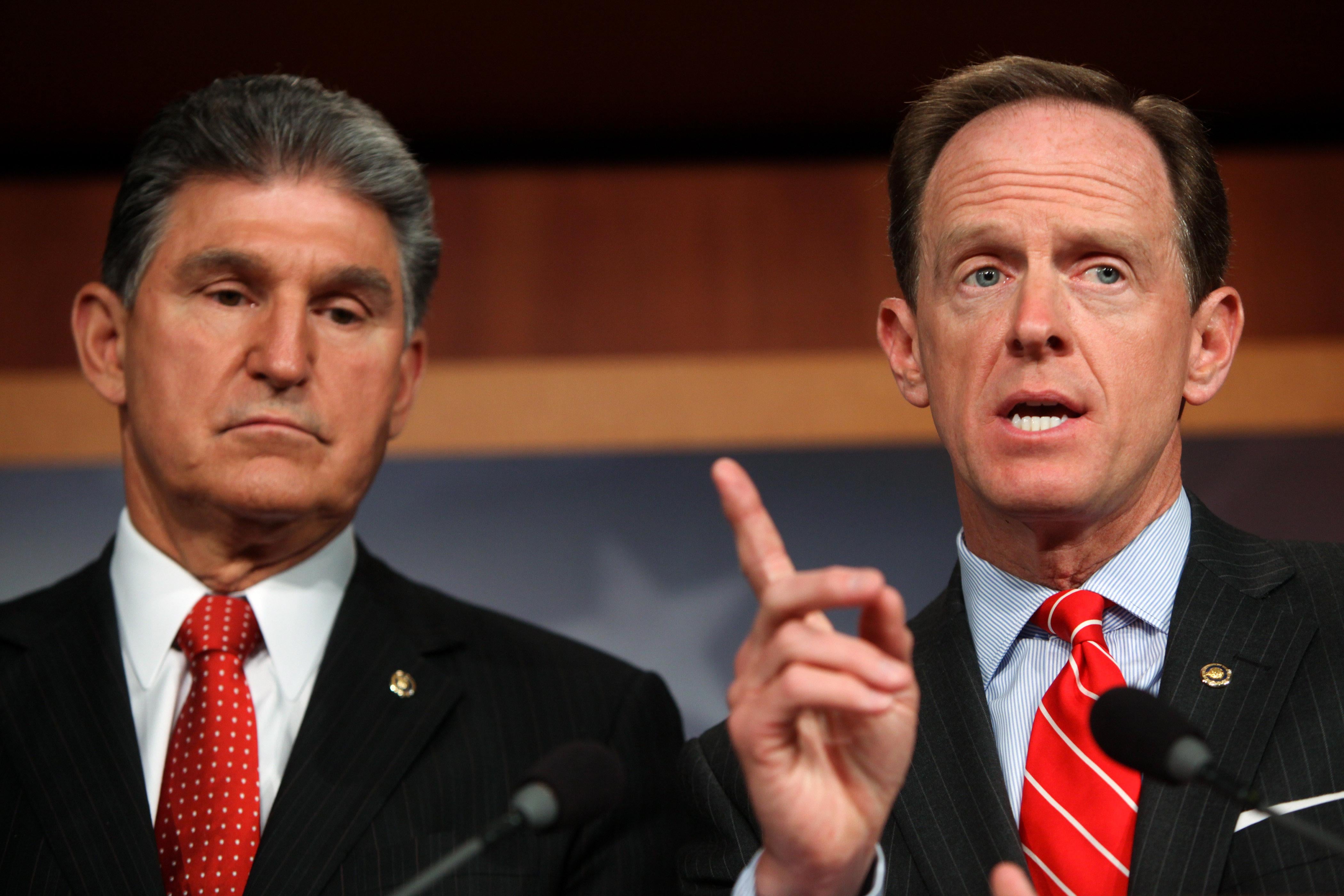The usually united gun-rights lobby appears to be splitting. The Citizens Committee for the Right to Keep and Bear Arms, which describes itself as the second-largest gun-rights group after the National Rifle Association, came out in support of the proposal by Sens. Joe Manchin and Pat Toomey that would expand background checks for gun sales, reports the Washington Post. The bipartisan measure could come up for a vote in the Senate by mid-week. The NRA opposes the legislation, insisting it would do nothing to prevent criminals from getting their hands on weapons.
The head of the Citizens Committee, Alan Gottlieb sent an e-mail to supporters Sunday explaining the decision:
If you read the Manchin-Toomey substitute amendment, you can see all the advances for our cause that it contains like interstate sales of handguns, veteran gun rights restoration, travel with firearms protection, civil and criminal immunity lawsuit protection, and most important of all, the guarantee that people, including federal officers, will go to federal prison for up to 15 years if they attempt to use any gun sales records to set up a gun registry.
The compromise legislation also officially got the support from Sen. Susan Collins, who because the second Republican not involved in negotiating the measure who said she would support it. Collins issued a statement confirming news first reported by NBC Saturday, noting the compromise “takes a much more common sense approach by requiring background checks only for commercial transactions and exempts family gifts and transfers.” Sen. Mark Kirk of Illinois has also said he would support the measure, reports CNN. Meanwhile, Sen. John McCain said he was “very favorably disposed” to the proposal.
Toomey said on CNN Sunday it remains an “open question” whether the measure would pass. “It’s going to be close,” he added.
